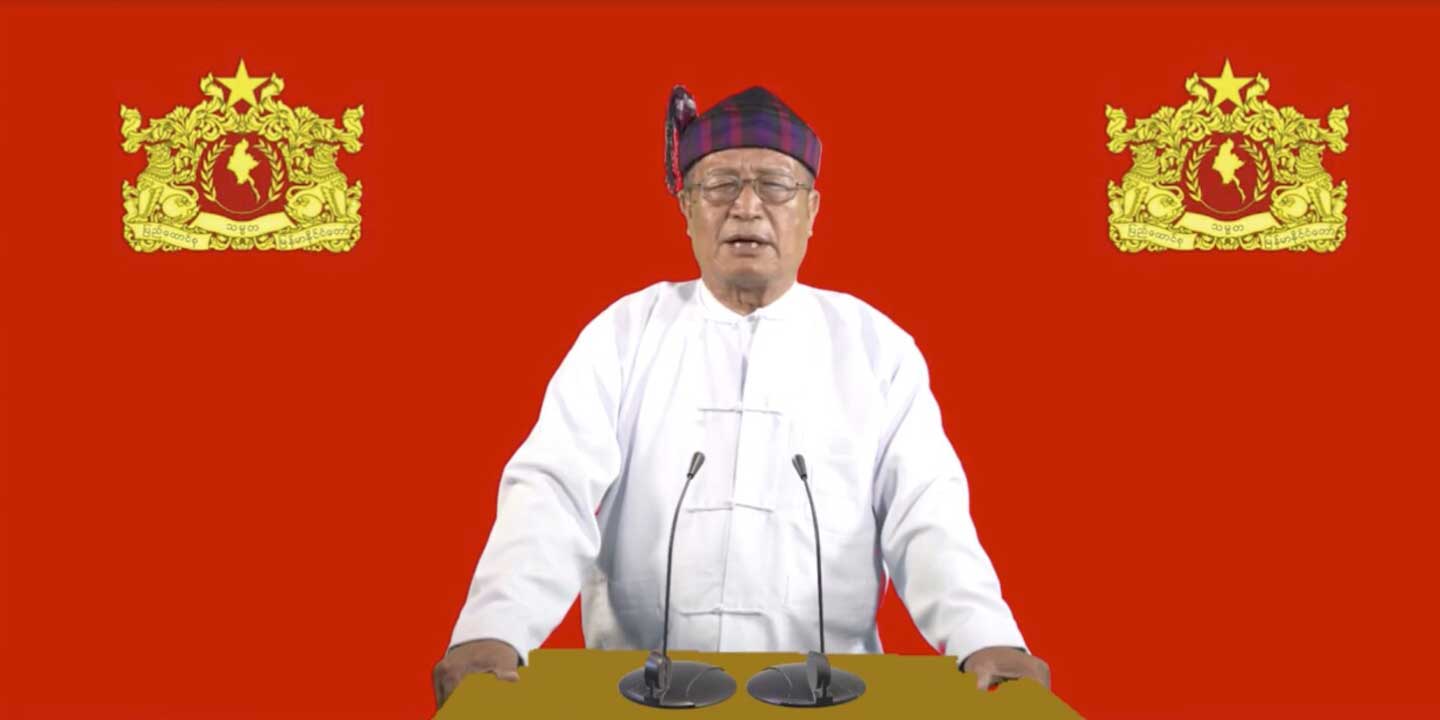BGA’s Myanmar team wrote an update to clients on the continued tug of war between the ruling military junta government and the parallel National Unity Government that continues to take shape following the February coup. The update addressed the ongoing situation as well as the potential implications for businesses.
Context
Acting President of Myanmar’s parallel National Unity Government (NUG) Duwa Lashi La on September 7 made a speech in which he called for a nationwide revolt against the military dictatorship of Senior Gen. Min Aung Hlaing The move was designed to mobilize groups in the country and the international community as a way to restore democracy.
The move has raised concerns about protracted conflict and its potential humanitarian, economic, social and political impacts. As it is, since the February coup, over 220,000 people have been displaced and more than 1,000 killed. Following the NUG’s announcement, there were already skirmishes occurring to various degrees between the military and ethnic armed groups. Despite the junta’s assurances, Myanmar’s banking system has continued to suffer from cash shortage and limited withdrawals, which has led to a severe depreciation of the kyat against the U.S. dollar since the coup.
Significance
The current situation constitutes the latest chapter in the ongoing tug of war between the NUG and the government. The NUG, supported by large numbers of people, is determined to end the dictatorship within the year, while the recent military press says the State Administration Council (SAC) will complete its roadmap to “disciplined democracy” by August 2023 and will look to put in place a political transition then. The SAC is already facing a shortage of soldiers to secure borders areas, while the NUG leadership has called for demoralized servicemen to join forces with the People’s Defense Force (PDF) and civil disobedience movement.
The escalation comes amid struggles to mitigate the ongoing situation. While the junta had accepted a call from the ASEAN special envoy to Myanmar for a four-month nationwide ceasefire to facilitate humanitarian aid delivery, neither the military nor EAOs have so far abided by the agreement, and the junta’s security forces continue to commit atrocities against civilians.
Implications
Brutality against civilians and armed conflict between the junta’s security forces and PDFs are expected to escalate in the coming months throughout Myanmar amid the third wave of Covid-19. Given the PDFs’ resource limitations and asymmetric capabilities, the conflict will likely continue as an insurgency rather than a full-blown civil war. The SAC’s moves to contain the pandemic, including stay-at-home orders, curfews and government office closures, have proven ineffective in controlling the virus but have allowed the security forces to exercise greater control over town and cities through intimidation at the expense of businesses, aid workers and individuals.
Beyond the risk of violence and property damage, businesses can expect to face significant operational challenges. Among other things, the junta may reimpose a targeted, nationwide internet shutdown or interrupt the electricity supply, transportation networks and cashflow. Several multinational companies have already suspended or pulled out investments from Myanmar.
BGA will continue to keep you updated on developments in Myanmar as they occur. If you have any comments or questions, please contact BGA Acting Managing Director Judy Ko at jko@bowergroupasia.com.


























